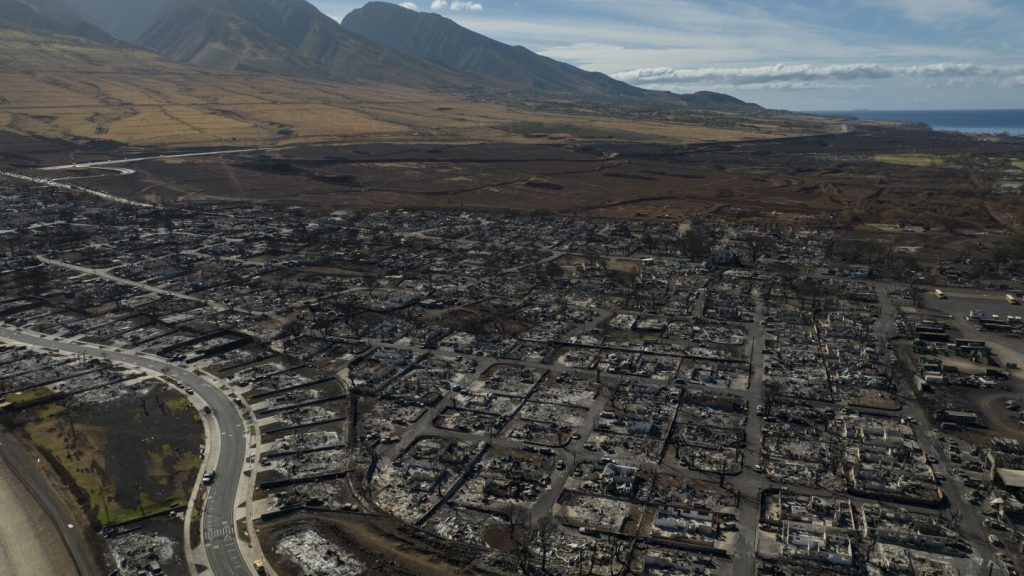The Hawaii Supreme Court has ruled that the attorney general’s office must pay attorney fees for filing a petition in “bad faith” following last year’s Maui wildfire tragedy. The petition blamed a state court judge for a lack of water for firefighting, which the court deemed as an attempt to leverage the tragic event to advance the state’s interests. The petition alleged that east Maui stream flow protections established by Judge Jeffrey Crabtree caused the water shortage during the deadly August fire in Lahaina. The ruling criticized the state for initiating legal proceedings during a significant human event and making baseless accusations that impacted the devastating wildfire.
The Sierra Club of Hawaii criticized the state for exploiting the tragedy to assist a private company in monopolizing water. They pointed out that the reservoirs in east Maui were not helpful in tackling the wildfires in west Maui where at least 101 people lost their lives. Despite Maui County stating that they had sufficient water to fight the fires, the attorney general’s office refused to retract their accusations. The court found the state’s refusal to withdraw the meritless claims, the weak request for extraordinary relief, and the utilization of the Maui tragedy as evidence of frivolousness and bad faith in their petition.
The attorney general’s office disagreed with the court’s characterization and conclusions but stated that they would comply with the order to pay the attorney fees. Sierra Club attorney David Kimo Frankel estimated that disproving the state’s claims cost around $40,000. This ruling comes on the heels of a report released by state Attorney General Anne Lopez, which highlighted a breakdown in communication that left authorities unaware and residents without emergency alerts during the wildfires. The ruling serves as a rebuke to the state for attempting to use a tragic event for its own benefit and making baseless allegations against a state court judge.
The ruling by the Hawaii Supreme Court sheds light on the actions of the attorney general’s office in the aftermath of the Maui wildfire tragedy. By holding the state accountable for filing a petition in “bad faith” and exploiting the devastating event, the court sends a message that such actions will not be tolerated. The involvement of the Sierra Club of Hawaii in challenging the state’s claims and the subsequent ruling serve as a reminder of the importance of transparency and accountability in legal proceedings, especially in times of crisis. The decision to award attorney fees to the Sierra Club highlights the need for responsible and ethical conduct by government offices in handling legal matters, particularly during challenging times.
The attorney general’s office’s response to the ruling, expressing disagreement with the characterization of their actions, underscores the importance of upholding legal standards and ethics in conducting official duties. Despite their disagreement, the office has stated that they will comply with the court’s order to pay the attorney fees. This acknowledgment of the court’s decision signifies a willingness to adhere to the rule of law and respect the judicial process. Moving forward, the ruling serves as a warning to government entities to act in good faith and refrain from exploiting tragic events for personal gain or political motives, reaffirming the principles of justice and integrity in the legal system.


